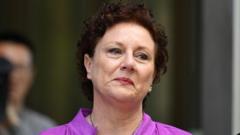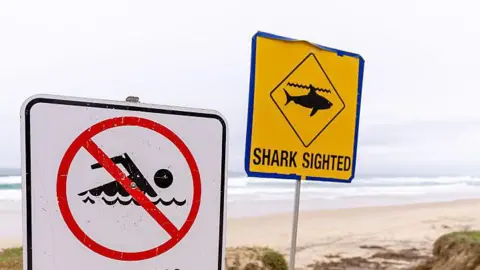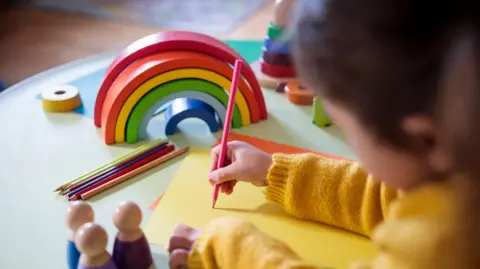Kathleen Folbigg, once labeled "Australia's worst mother," received an offer of A$2 million (approximately £975,580 or $1.3 million) for her wrongful imprisonment spanning 20 years. In 2003, Folbigg was sentenced for the alleged murders of her four infant children between 1989 and 1999, based on circumstantial evidence, including her personal diaries. However, after a significant judicial review in 2023 discovered genetic conditions could have caused the children’s deaths, she was released as a victim of a profound miscarriage of justice.
Her attorney, Rhanee Rego, condemned the government's compensation offer as "woefully inadequate and ethically indefensible," adding that it fails to acknowledge Folbigg's extensive suffering throughout her ordeal. The New South Wales Attorney General Michael Daley stated that compensation consideration was thorough but did not elaborate on specific details per Folbigg's request.
Experts had predicted that her compensation could surpass A$10 million, given the severity of her wrongful conviction. Previous wrongful imprisonment cases in Australia, such as that of Lindy Chamberlain, awarded larger sums—for three years, she received approximately $1.7 million.
After wrongful sentencing, public figures and legal analysts have voiced that Folbigg's payout should reflect the 20 years she spent behind bars, with estimates suggesting it could reach up to A$20 million. The case continues to stir discussions around gender bias, judicial fairness, and the adequacy of compensation in Australia’s legal system.
Her attorney, Rhanee Rego, condemned the government's compensation offer as "woefully inadequate and ethically indefensible," adding that it fails to acknowledge Folbigg's extensive suffering throughout her ordeal. The New South Wales Attorney General Michael Daley stated that compensation consideration was thorough but did not elaborate on specific details per Folbigg's request.
Experts had predicted that her compensation could surpass A$10 million, given the severity of her wrongful conviction. Previous wrongful imprisonment cases in Australia, such as that of Lindy Chamberlain, awarded larger sums—for three years, she received approximately $1.7 million.
After wrongful sentencing, public figures and legal analysts have voiced that Folbigg's payout should reflect the 20 years she spent behind bars, with estimates suggesting it could reach up to A$20 million. The case continues to stir discussions around gender bias, judicial fairness, and the adequacy of compensation in Australia’s legal system.





















